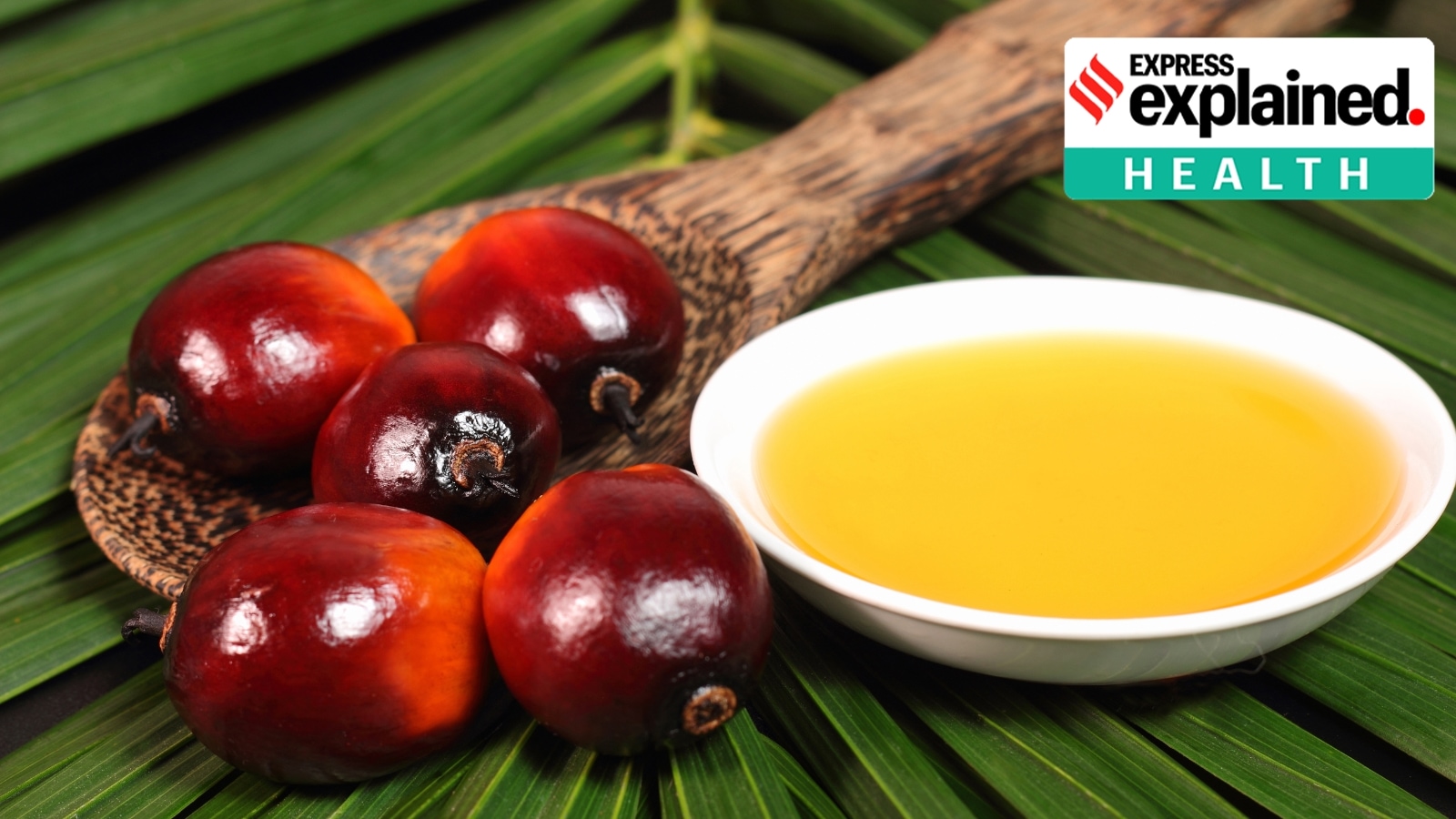Palm Oil: Is It Really That Bad for You? A South African Perspective

The Ubiquitous Palm Oil: A Closer Look for South African Consumers
Palm oil. You've likely heard concerns about it, but what's the real story? It’s one of the most widely used vegetable oils globally, and chances are, you're consuming it daily without even realizing it. From your favourite potato chips to biscuits, ice cream, and even chocolate, palm oil is a common ingredient in countless packaged foods – particularly due to its affordability, long shelf life, and relatively neutral taste.
Why is Palm Oil So Popular?
The widespread use of palm oil isn't just about taste and shelf life. It's also highly versatile, working well in a huge range of food products. Its unique properties contribute to texture and stability, making it a preferred choice for manufacturers. In South Africa, where affordability is a key consideration for many households, the cost-effectiveness of palm oil makes it particularly appealing for food producers.
The Health Concerns: What Does the Science Say?
So, what's all the fuss about? The primary health concerns surrounding palm oil revolve around its fatty acid composition. Palm oil is high in saturated fat, which has historically been linked to increased LDL (bad) cholesterol levels and a higher risk of heart disease. However, the science is more nuanced than initially thought.
Here's a breakdown:
- Saturated Fat: While high in saturated fat, palm oil contains a specific type called palmitic acid. Some studies suggest palmitic acid might not be as detrimental to heart health as other saturated fats.
- Vitamin E: Palm oil is a good source of tocotrienols, a form of Vitamin E, which acts as an antioxidant and may offer health benefits.
- Refining Process: The refining process itself can impact the healthfulness of palm oil. Refined palm oil may contain residual solvents and processing aids, while less processed versions (like red palm oil) retain more nutrients.
Sustainability Concerns: Beyond Health
Beyond the health aspects, the environmental impact of palm oil production is a significant concern. Large-scale palm oil plantations have been linked to deforestation, habitat loss (particularly affecting endangered species like orangutans), and greenhouse gas emissions. This is a critical issue for South African consumers who are increasingly conscious of the ethical and environmental implications of their purchasing choices.
Making Informed Choices: What Can South Africans Do?
So, is palm oil 'bad' for you? The answer isn't a simple yes or no. Here's what you can do as a South African consumer:
- Read Labels: Be aware of palm oil's presence in processed foods.
- Choose Sustainably Sourced Options: Look for products certified by organizations like the Roundtable on Sustainable Palm Oil (RSPO). This indicates that the palm oil was produced using more sustainable practices.
- Opt for Alternatives: Where possible, choose products that use alternative oils like sunflower oil, canola oil, or olive oil.
- Support Companies Committed to Sustainability: Research brands and support those actively working to reduce the environmental impact of their palm oil sourcing.
The Bottom Line
Palm oil isn't inherently 'bad,' but its consumption should be considered within the context of a balanced diet and a broader awareness of its environmental impact. As South African consumers, we have the power to make informed choices that support both our health and the planet.






